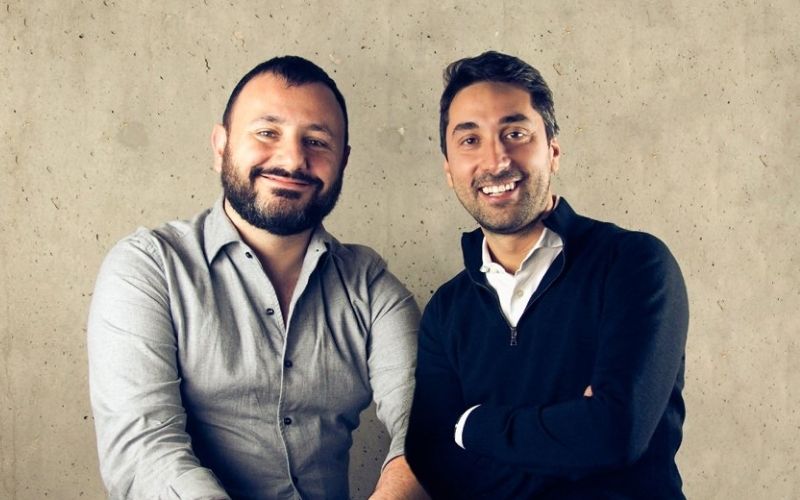FinTech firm TrueLayer has announced it has secured an additional $25m (£19.5m) funding, under its Series C.
The round included participation from existing investors, including Anthemis, Connect Ventures, Northzone and Temasek, and brings the total raised by TrueLayer to date to $72 million.
Founded in 2016, the firm became one of the first UK companies to be authorised and registered as a payment institution by the Financial Conduct Authority (FCA) to provide account information and payment initiation services under Open Banking and PSD2.
Today, it accounts for more than half of all Open Banking traffic in the UK.
The company recently broadened its services to France, Italy, and Spain, and has partnered with companies including Revolut, Nutmeg, and Freetrade to deliver open banking capabilities.
In June, the company’s payments API was approved by the UK Government’s Crown Commercial Service.
The firm has opened an office in Milan and scaled its commercial, design and engineering teams to meet demand for its open banking platform.
TrueLayer has also seen the use of Payment Initiation, enabled by its Payments API, grow 832% between March and July as consumers paid for goods and services online during lockdown.
Francesco Simoneschi, CEO and co-Founder of TrueLayer, said: “Our vision when we founded TrueLayer, where Open Banking is the default pipe to move money, instantly and safely, is becoming reality. This raise will help us on that journey to open up financial infrastructure, and enable access in new geographies and across new industries.
“We’re expanding our engineering, design and commercial talent, and gaining new clients in banking, wealth management, trading and iGaming.
However, there’s still much more to achieve to ensure payments are fast, secure and cost effective for everyone, everywhere. With the interest we are seeing in our platform outside of traditional financial services, TrueLayer can become a driving force that supports any organisation to foster financial innovation, and introduce services that remove barriers to inclusion and reduce friction for customers.”


